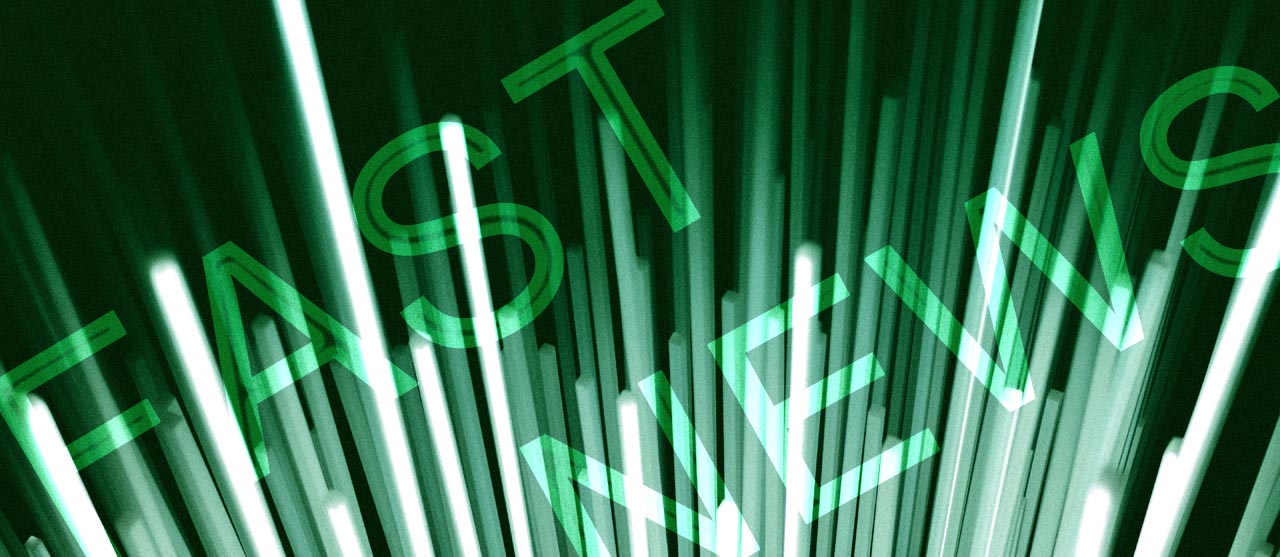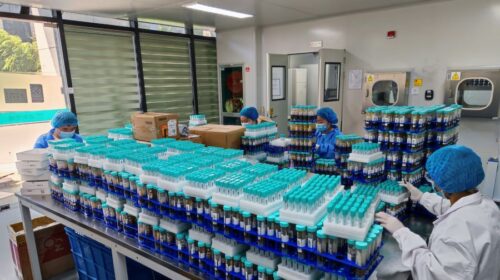FAST NEWS: New Horizon Health’s Loss Narrows on Booming Sales

The latest: Cancer-screening device maker New Horizon Health Ltd. (6606.HK) announced Friday that it lost 65.28 million yuan ($9.7 million) in the first half of the year, down significantly from a 2.89 billion yuan loss in the same period last year.
Looking up: Revenues from the company’s ColoClear and Pupu Tube products increased by 419% and 132%, respectively, and it also recorded its first-ever sales from its UU Tube product during the period. Those gains powered a 413.7% revenue jump to 226 million yuan in the first half of the year.
Take Note: As it launches new products, the group’s selling and marketing expenses in the first half of the year surged 170.8% year-on-year to 197 million yuan, equal to 87.2% of sales revenue.
Digging Deeper: In addition to its two commercialized products, New Horizon Health gave investors more positive news this year when its stomach cancer screening UU Tube product, which detects Helicobacter pylori (Hp) bacteria, was approved by China’s drug regulator in January. The company says UU Tube is the first such self-screening medical product of its kind approved in China. UU Tube also has strong repeat purchase potential due to its ease of use and high recurrence rates of heliobacter pylori (Hp) bacteria. As a result, the product recorded revenue of 83.5 million yuan in the first six months of this year, the highest figure among its three products.
Market Reaction: New Horizon shares surged 7% in early trade on Monday, but then gave back all the gains and closed down 0.7% at HK$22.75 at the midday break. The stock currently trades near the lower end of its 52-week range.
Translation by Jony Ho
To subscribe to Bamboo Works free weekly newsletter, click here





